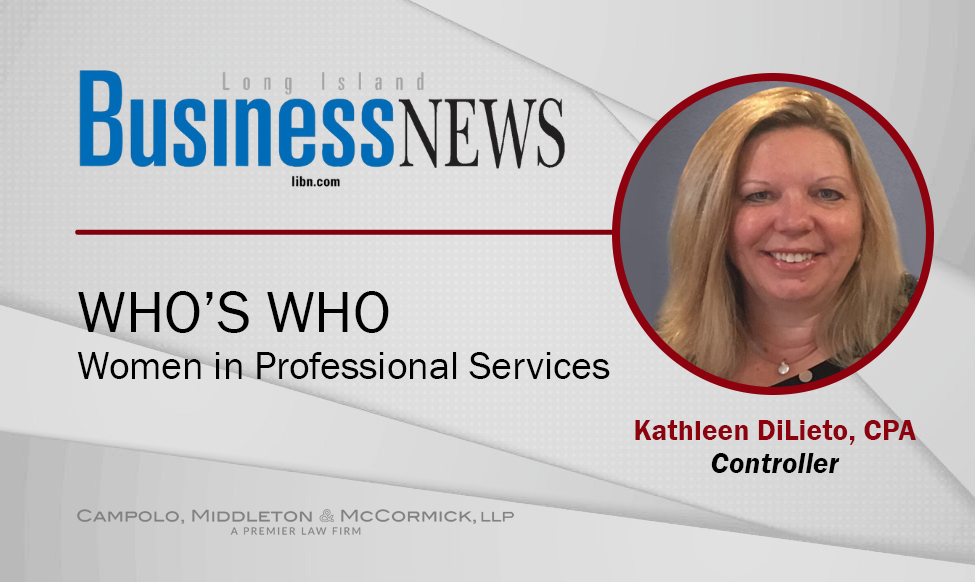The 1,400-acre Long Island Innovation Park at Hauppauge (LI-IPH) – America’s second-largest industrial park – has elevated its brand by installing more than 400 flags bearing its name on light poles throughout the park.
The branding initiative was undertaken by HIA-LI, one of Long Island’s largest business advocacy organizations and steward for the park, formerly known as Hauppauge Industrial Park. The banner program was also supported by the Town of Smithtown, home to the large majority of the business park. Town of Smithtown workers attached the banners to town-owned light poles.
The flags, reading “Welcome to the Long Island Innovation Park at Hauppauge,” are two feet by three feet in size. Customized flags were made available for purchase by individual businesses within the park, which were quickly sold-out.
LI-IPH’s 1,400 businesses employ 55,000 people, accounting for one in 20 jobs on Long Island. The companies’ $13 billion in annual output equals eight percent of Long Island’s gross domestic product. The park is second only in size to Silicon Valley in northern California.
The impetus for the banner campaign arose from a 2019 “Opportunity Analysis” that documented the park’s status as “the center of Long Island’s current and future economy.” The study was prepared by James Lima Planning + Development and funded by the Suffolk County Industrial Development Agency and the Regional Plan Association. Among a spectrum of recommendations, the analysis advised the park to elevate its public profile and draw greater attention to its essential role in the regional economy.
“The Long Island Innovation Park at Hauppauge has no equal when it comes to generating employment and business growth in our region,” said HIA-LI President and CEO Terri Alessi-Miceli. “By reinforcing popular awareness of the park, we help set the stage for new partnerships and new achievements.”
“While the Long Island Innovation Park at Hauppauge already stands as the cornerstone of the regional economy, it also possesses great potential for further growth,” said Carol A. Allen, Chairperson of the HIA-LI board and president and CEO of People’s Alliance Federal Credit Union. “We help engender that new growth when we take steps to strengthen recognition of our identity.”
“By building the park’s brand, we better capitalize on its extraordinary, proven capacity to bring net, new dollars into the region because of the park’s high proportion of tradable businesses,” said Joe Campolo, Managing Partner at Campolo, Middleton & McCormick, LLP in Ronkonkoma and Chair of HIA-LI’s Long Island Economic Development Task Force. “The park’s ratio of revenue-generating, tradable companies is two-and-a-half times that of Long Island as a whole.”
Ms. Alessi-Miceli expressed her gratitude to HIA-LI board member Paule Pachter, CEO of Long Island Cares, Inc./The Harry Chapin Food Bank, for suggesting the flag initiative.








